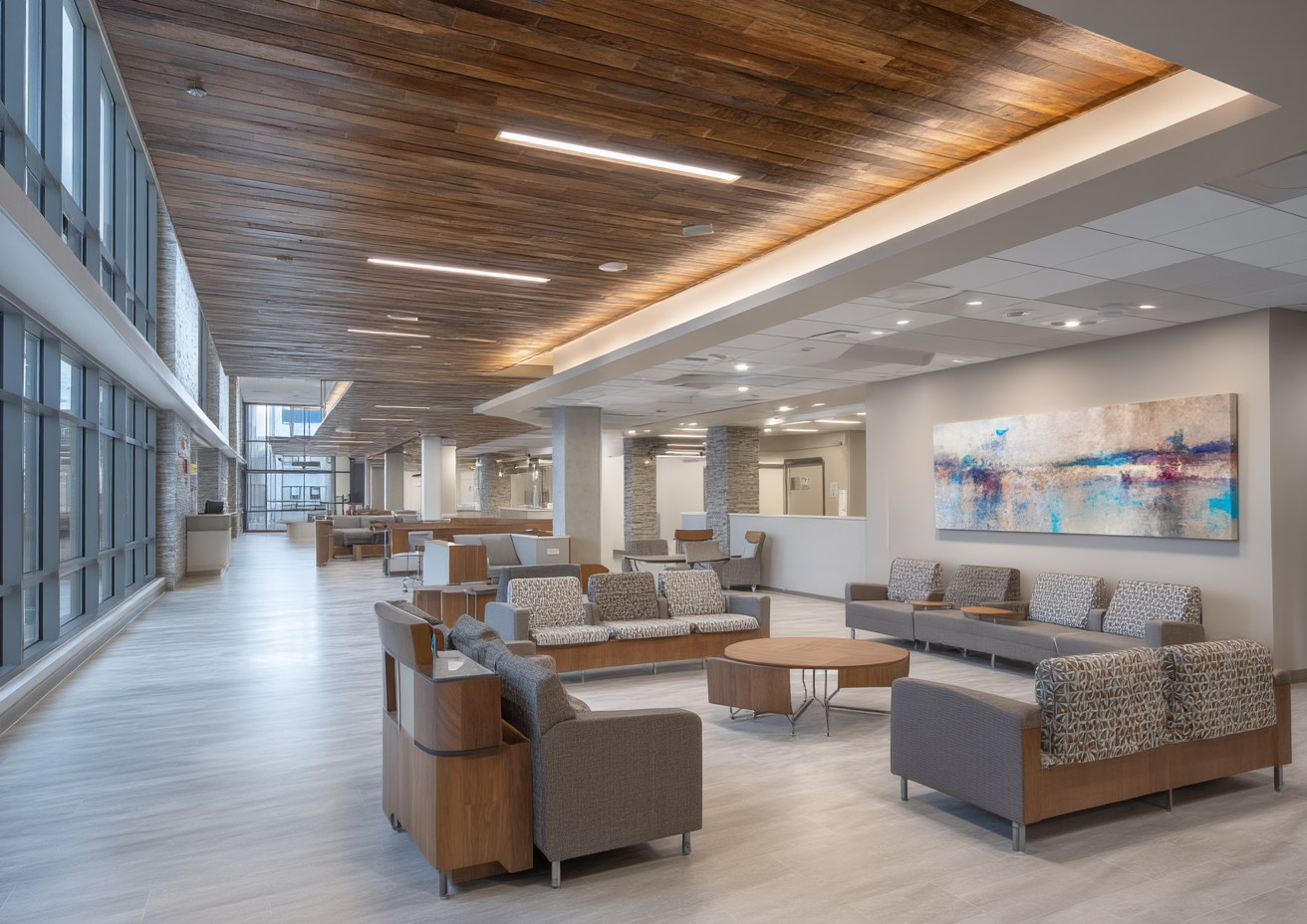The healthcare sector in the United States is experiencing a pivotal moment, particularly concerning H-1B visa healthcare recruitment. Recent changes proposed by the Department of Homeland Security (DHS) could significantly reshape the landscape of skilled labor in the medical field. As healthcare administrators, policymakers, and hospital professionals focus on addressing critical labor shortages, understanding these modifications is essential for comprehensive patient care delivery.
Understanding the Proposed Changes
As of October 2023, the new selection process for H-1B visas introduces a weighted lottery system. This adjustment is particularly aimed at prioritizing applicants based on their educational qualifications and salary offers. While this may seem advantageous for highly-skilled individuals, it presents challenges for healthcare facilities, especially in rural areas where qualified personnel are scarce. The American Hospital Association (AHA) has voiced significant concerns regarding these proposed changes, emphasizing that they could inadvertently exacerbate the existing healthcare labor shortages.
Key Challenges Faced by Healthcare Providers
The healthcare sector is facing multiple challenges as it grapples with labor shortages. Some of the primary issues include:
- Challenges filling healthcare labor shortages: The U.S. healthcare system is in urgent need of skilled professionals. Shortages in nursing, medical specialists, and support staff are widely recognized.
- Impact on rural areas: Rural institutions often struggle more due to competition for skilled workers in more urbanized environments.
- Variances in compensation: The weighted selection process could increase disparities in pay, making it even harder for healthcare providers to attract talent.
- Access to care issues: As facilities find it increasingly challenging to recruit qualified individuals, patient care accessibility could diminish, especially in underserved communities.
Healthcare executives must be proactive in addressing these issues, and this is where collaboration with staffing solutions providers, such as Pulivarthi Group, becomes essential.
How Changes May Impact Rural Healthcare Facilities
Rural healthcare facilities often rely on H-1B visa holders to fill specific roles that are difficult to staff domestically. As a result of the new selection process, these facilities could face additional barriers in recruitment. The emphasis on salary and educational attainment may inadvertently sideline competent professionals willing to serve in less financially lucrative positions in these critical areas. In many cases, rural areas lack the funding to offer competitive compensation compared to larger urban hospitals.
The AHA’s comments suggest a need for policies that consider geographic disparities in healthcare access. According to recent data, close to 20% of the U.S. population lives in rural areas, yet many of these regions lack adequate healthcare services due to workforce shortages. As a result, it is vital for healthcare leaders to advocate for reforms that can ensure equitable access to skilled professionals across all regions.
The Role of Compensation Variances
Under the new weighted lottery system, the pressure to offer competitive salaries may increase, inevitably affecting smaller healthcare institutions that operate within tighter budgets. Historically, facilities in densely populated urban areas can afford to pay more, which has led to unequal competition for talent. This variance highlights the importance of advocacy from healthcare leaders for policies that directly support maintaining a balanced workforce across all geographic regions.
Strategic Responses to Workforce Challenges
Healthcare providers must implement strategic approaches to adapt to these changes. Here are several actionable insights for effectively navigating workforce challenges:
- Enhance Recruitment Efforts: Strengthening recruitment campaigns to attract domestic talent is vital. This includes emphasizing the diverse opportunities available within the healthcare sector.
- Foster Partnerships: Collaborate with educational institutions to create pipelines for future healthcare workers, bridging the gap between education and employment.
- Advocate for Policy Reforms: Engage in advocacy initiatives that promote changes to the H-1B visa process. Highlight the necessity of accessible labor to ensure that all communities receive necessary healthcare services.
- Utilize Staffing Solutions: Employ expert staffing solutions, like those offered by Pulivarthi Group, to streamline the recruitment process and expand access to qualified candidates.
By focusing on these strategies, healthcare administrators can potentially mitigate the adverse effects of the new H-1B visa selection process.
Encouraging Advocacy and Awareness
As the healthcare landscape evolves in response to policy changes, it is crucial for stakeholders to raise awareness about the importance of advocating for reforms that protect access to necessary healthcare services. The AHA’s call for reconsideration and transparency concerning the stronger emphasis on compensation in the H-1B visa selection process underscores the urgent need for a collective voice. Healthcare organizations, along with workforce stakeholders, should push for solutions that preserve the integrity of healthcare delivery, especially in underserved zones.
Conclusion: The Time for Action is Now
The proposed changes to the H-1B visa selection process carry significant implications for healthcare recruitment in the United States. The AHA’s concerns reflect a salient truth: the healthcare system must remain accessible and equitable for every community. With labor shortages pressing hard, particularly in rural areas, advocacy for policy reforms is paramount.
At Pulivarthi Group, we understand the complexities involved in staffing solutions within this unique regulatory environment. In light of current events, we encourage healthcare leaders to consider how these changes affect operations and patient care. Take action to advocate for necessary reforms within the H-1B visa selection process, ensuring that all healthcare providers have equitable access to skilled professionals. Together, we can help shape a future that supports healthcare delivery across the United States.





